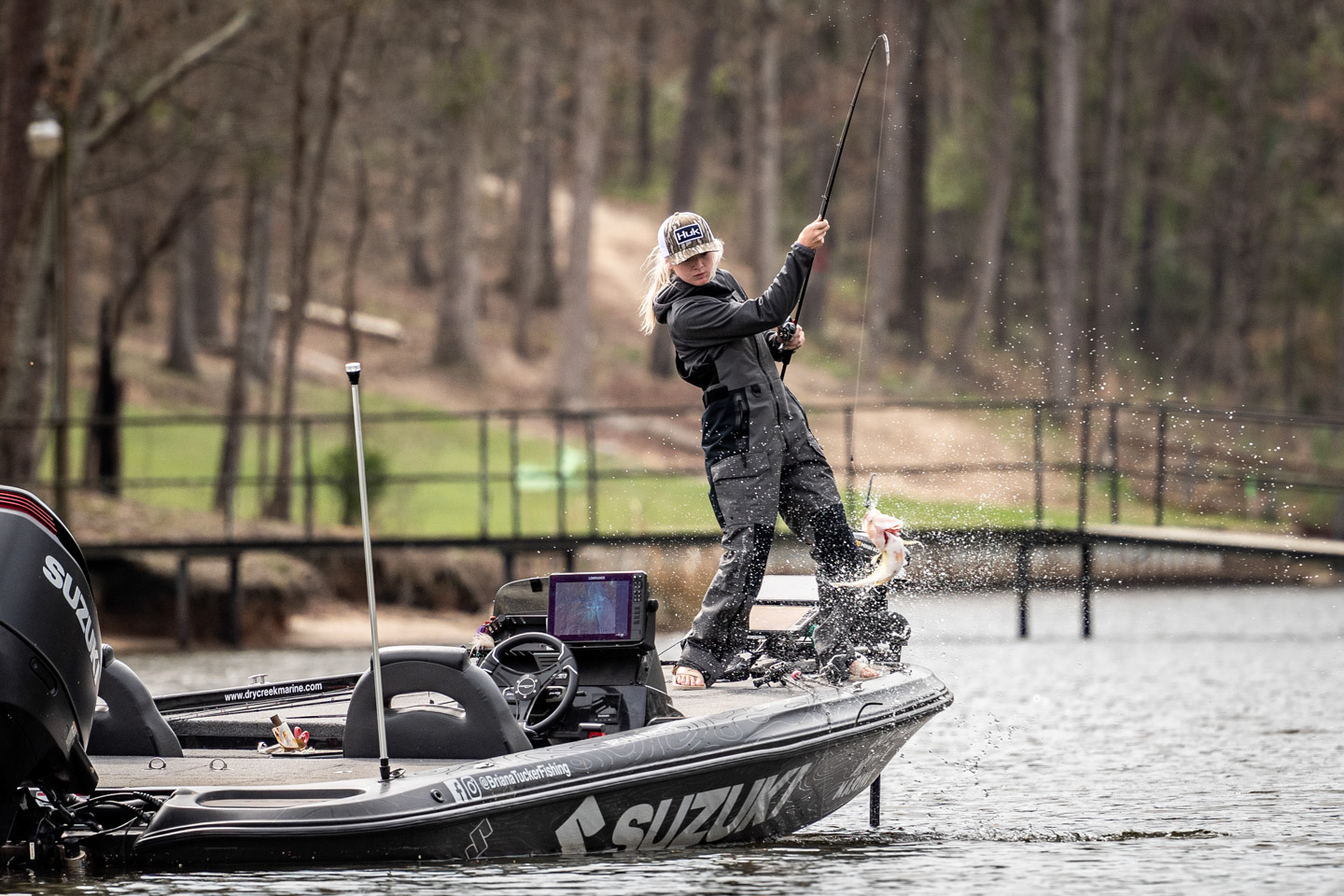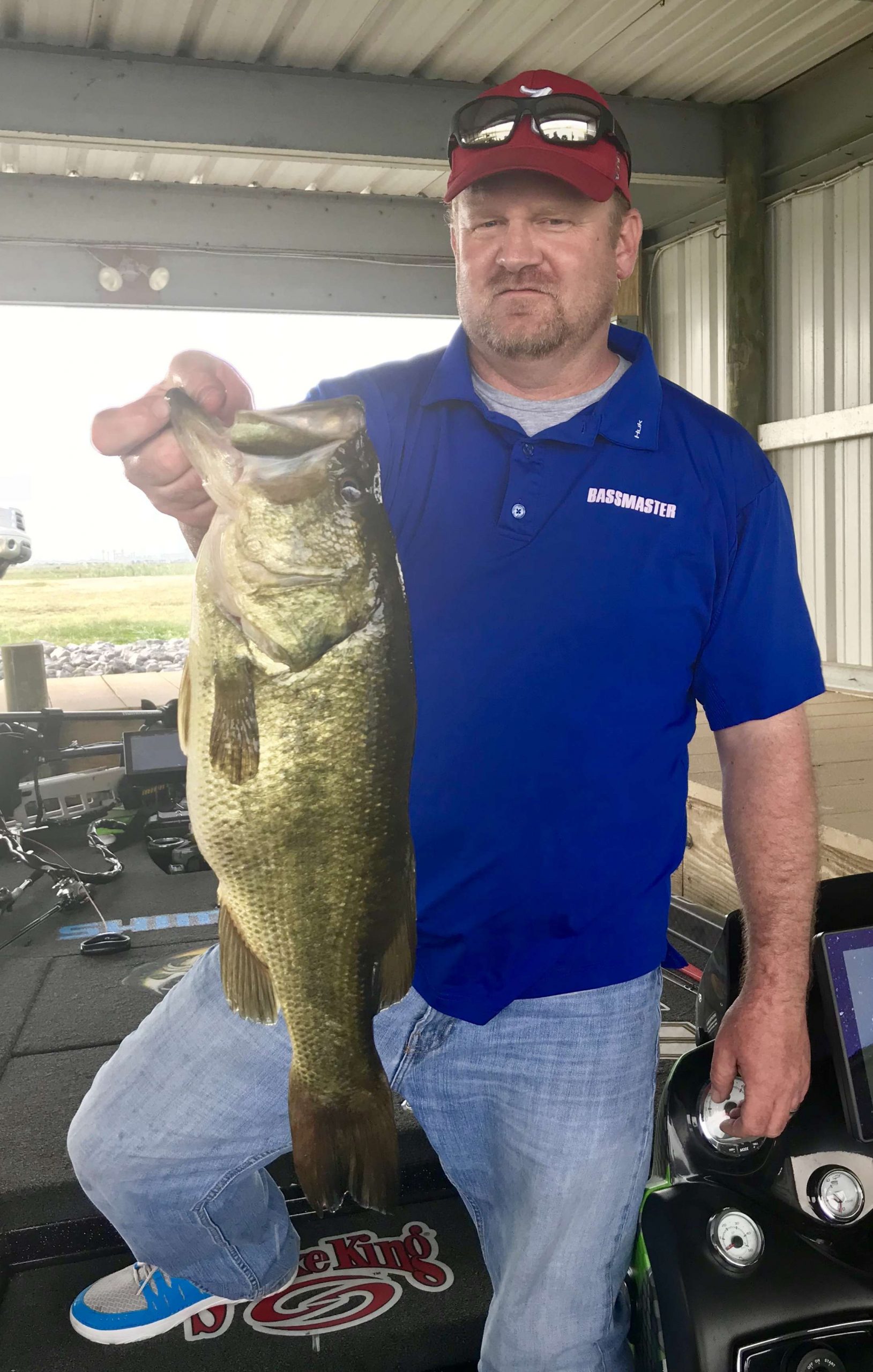
When I turned 35 years old, seeing as it was a milestone some predicted I would never reach, I wrote a column — partly to taunt those doubters and partly to list all of the things I still wanted to do as an outdoors writer.
Near the top of that list, I said I wanted to write the story about the first woman to win the Bassmaster Classic.
The bulk of the reaction I received to that line was a shrugging, “Yeah, whatever.” But some found the very notion comical, and a few wrote to me spewing pure venom over the idea that a woman might someday win fishing’s biggest prize.
It’s been 15 years, and I still believe with all my heart it will happen. The signs pointing in that direction are unmistakable.
American culture is changing toward one of inclusion. Yes, I said inclusion. If that word makes you antsy, you should stop reading now.
Our culture used to tell us that little boys went fishing with daddy and little girls went shopping with mommy. But we’ve seen a change.
More and more often, little girls are saying, “I don’t really like to shop.” Or better still, they’re multitasking with the phrase, “I can shop at night and fish during the day.”
On the flip side, dads are saying, “I don’t want to spend every weekend away from my little girl, but I don’t want to miss a day on the water.”
So, guess what’s happening.
More fathers are teaching their daughters about skipping docks with a baitcaster instead of letting them wait for a bobber to sink with a Zebco 33. And more and more little girls are growing into women who’ve been fishing for a decade.
As that culture changes, professional fishing is changing to meet it in the middle. A sport that once surrendered to the flipping stick is becoming more and more reliant on lighter tackle.
Now … let’s pause for a second.
Since this is a sensitive subject that can get you in trouble from all directions, I want to make it clear I’m not saying a woman can’t be good at power fishing.
I’ve got a 10-year-old daughter named Avery, and I’m here to tell you, if she doesn’t want to go to her room, I can’t drag her there. She’s stronger right now than some of the guys I played football with in high school.
I do, however, believe that light-tackle fishing has swung the door wide open on the pro circuit. When you see a guy like Taku Ito — who I swear probably weighs less than 120 pounds with all of his raingear on — whaling on big smallmouth, is there any reason to believe this is a physically limiting sport anymore?
More than any time in the relatively brief history of pro fishing, success depends on your knowledge of electronics — and anyone who believes women are lacking in that department is living so far in the past they probably can’t hear me shout, “Wake up!”
Now … let’s pause for another deep breath. Maybe two, because this one’s gonna hit some aspiring female anglers really hard.
The cold, nasty truth is this: All the cultural and industry changes in the world won’t help you reach the top if you don’t do your part.
That means, purely and simply, catching more fish. It means not just fishing tournaments, but winning some.
There are thousands of male anglers who will tell you very openly how hard it is to get sponsorship dollars — even if you do relatively well. The competition for financial support is even fiercer than the competition on the water.
Companies don’t throw money at you and then hope that you win to give them a return on their investment. They wait for the proof and then pounce.
But believe me, they’re ready to pounce.
Whether it’s because they want to do the right thing or because they know they’re hitting a small portion of potential buyers by only selling to men, companies desperately want to hit home with the growing female fishing audience.
A woman who can put fish in the boat and trophies on the shelf will be able to write her own ticket.
She’s out there.
I predicted it 15 years ago — and I still fully intend to write her story as the confetti falls at the Classic.





